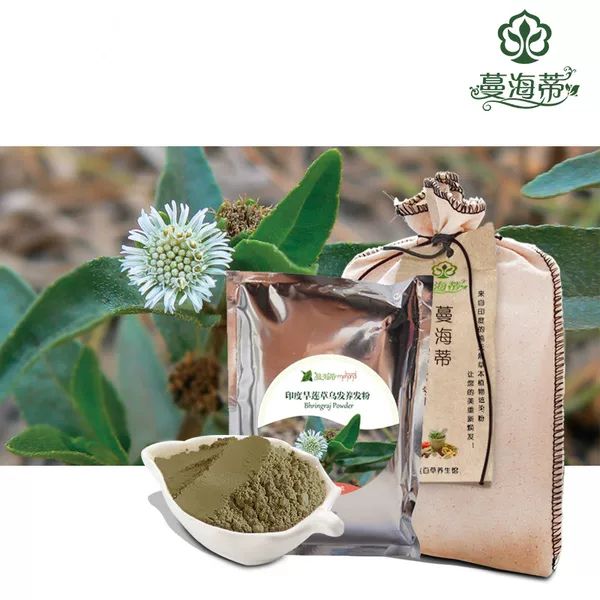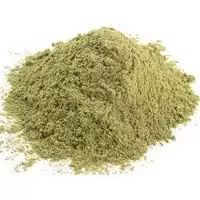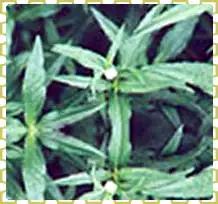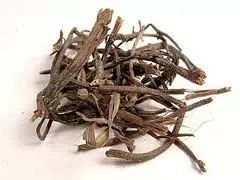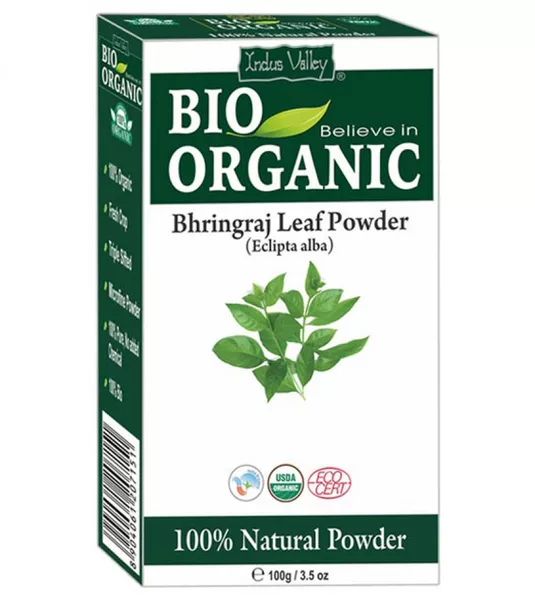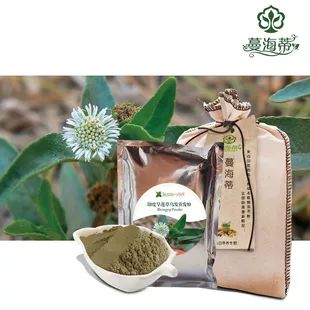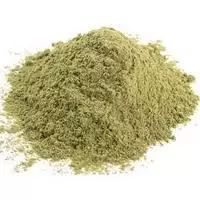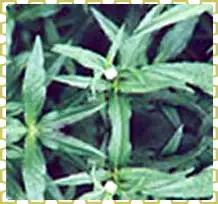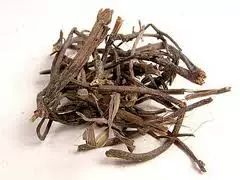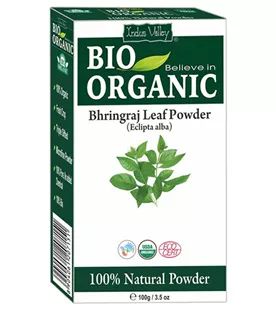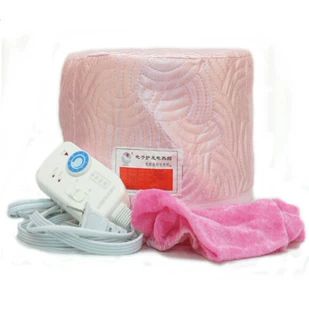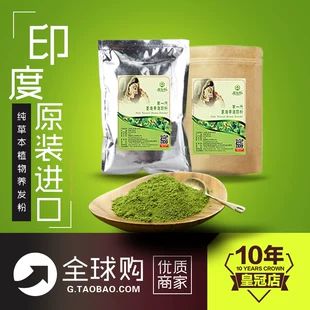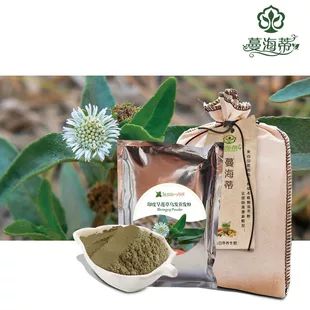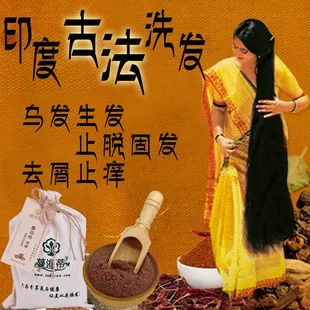




Botanically named Bacopa monnieri, brahmi is also known as water hyssop, Indian pennywart, coastal waterhyssop, and thyme-leafed gratiola. In addition to India, the herb is grown in the marshy areas of China, Nepal, Central America, Vietnam, Sri Lanka, and Florida. Brahmi is a creeping herb that thrives in muddy wetlands and bogs. The herb's crinkled, thick leaves are succulent and arranged in opposing patterns on its stem. Water hyssop features small white, five or four-petaled flowers and can be propagated if cut.
Related to the spinach and snapdragon family, brahmi is considered an effective nerve and brain tonic. Other substances known for providing a mental boost, such as ginkgo and lecithin, are sometimes combined with brahmi to create stronger mental clarity. The herb helps to restore both nerve and brain cells, as well as improve circulation within the brain itself.
In traditional Indian Ayurveda medicine, water hyssop, as it is also called, is used for ailments such as asthma, skin problems, joint pain, anxiety, inflammation, fevers, and epilepsy. A nootropic, the herb, brahmi has the capabilities of increasing mental abilities. Newborn babies are often consecrated with the herb in India to make them more intelligent. Motor learning abilities and intellectual activity may also be intensified through use of the plant.
Studies indicate that the herb may be useful in treating Alzheimer's disease, attention deficit disorder, and Parkinson's disease. In some psychological therapy methods, the herb is used to help patients recover from trauma and breath continuously. It may also help promote longevity and slow the symptoms of aging. Both short term and longterm memory can be increased through the use of water hyssop.
Some detoxification methods call for brahmi. The herb may help in blood cleansing in this process. It is also believed to help induce the growth of nails, skin, and hair. A typical dosage is in the form of a tablet containing a tenth of an ounce (3,000 miligrams) of the herb two to three times a day.
Highly toxic in large doses, water hyssop can cause death if used without proper supervision. A medical professional should administer and monitor its use. Taking the herbal supplement may cause some side effects, such as gastrointestinal symptoms or temporary hearing loss. It can also interact with other medicines.









 South Africa
South Africa
 Nigeria
Nigeria

